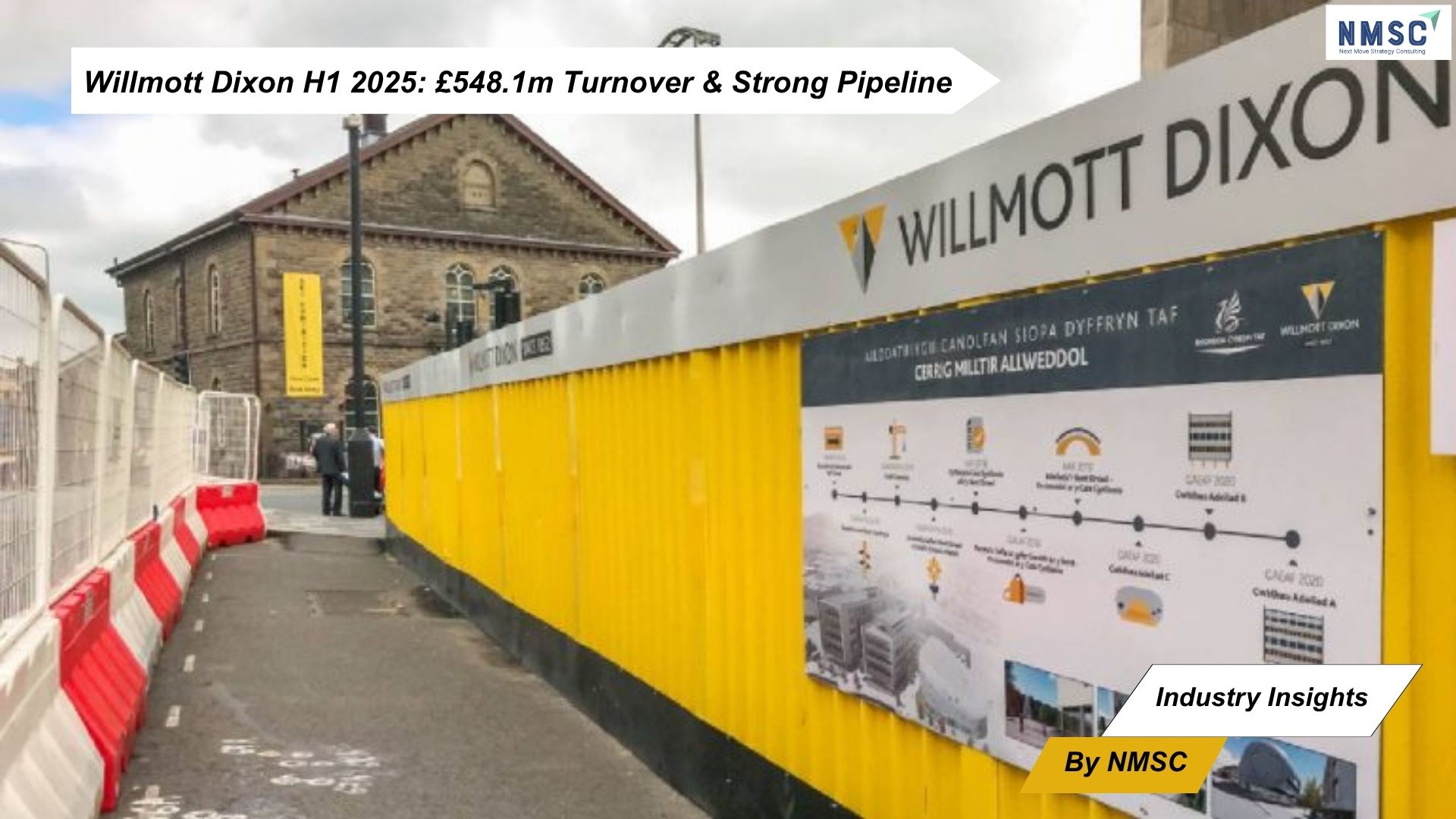Trump’s 21-Point Gaza Plan Boosts Israel Real Estate Stability
Published: 2025-09-29

Industry Insights from Next Move Strategy Consulting
Amid escalating geopolitical tensions and a protracted conflict, US President Donald Trump's recent allusion to "greatness in the Middle East" underscores a pivotal 21-point proposal aimed at resolving the Gaza crisis, potentially reshaping regional dynamics and injecting optimism into Israel's real estate landscape.
A Strategic Pivot Toward Post-Conflict Reconstruction
The ongoing Israel-Hamas war, now entering its third year since October 7, 2023, has exacted a heavy toll, with over 66,000 Palestinian casualties reported and 90% of Gaza's population displaced, fueling a humanitarian emergency. Trump's Sunday post on Truth Social—"We have a real chance for GREATNESS IN THE MIDDLE EAST. ALL ARE ON BOARD FOR SOMETHING SPECIAL, FIRST TIME EVER. WE WILL GET IT DONE!!! President DJT"—hints at broad consensus on this framework, shared with select Arab and Muslim nations during last week's UN General Assembly in New York.
Historically, Trump has framed Gaza through a development lens, once calling it a real estate opportunity, while pledging to halt hostilities. This latest initiative builds on that vision, prioritizing swift hostage releases and troop withdrawals to pave the way for governance without Hamas involvement and eventual Palestinian state recognition.
“Peace in Gaza could unlock unprecedented development potential across the region,” notes a senior US administration official involved in the talks. “This plan addresses immediate security needs while laying groundwork for sustainable rebuilding.”
Core Elements of the Proposal:
-
Immediate release of all hostages held by Hamas within 48 hours of agreement.
-
Phased Israeli troop withdrawal from Gaza to restore access and mobility.
-
Exclusion of Hamas from future governance structures to ensure stability.
-
Pathway to Palestinian state recognition, contingent on security benchmarks.
-
Multinational coordination for humanitarian aid and reconstruction efforts.
Framework for Regional Renewal and Market Momentum
Central to the plan is a post-war roadmap for Gaza's rehabilitation, addressing the widespread destruction from Israeli operations and enabling large-scale infrastructure revival. This could extend ripple effects into adjacent Israeli territories, where conflict-related disruptions have stalled residential, commercial, and investment projects.
For Israel's real estate market, the proposal arrives at a critical juncture. Prolonged instability has depressed property values, deterred foreign investment, and heightened risks in border-adjacent developments, with vacancy rates climbing and construction delays compounding supply shortages.
A successful implementation might catalyze a rebound, fostering cross-border economic ties, boosting tourism-driven hospitality assets, and attracting capital for mixed-use urban expansions. Analysts project that normalized conditions could elevate transaction volumes by 15-20% within the first year, particularly in southern districts poised for spillover growth from Gaza's recovery.
Market Implications Amid Diplomatic Hurdles – NMSC Viewpoint
While the plan garners cautious support from US allies, it faces headwinds from Israeli leadership. Prime Minister Benjamin Netanyahu, addressing the UN General Assembly, dismissed Palestinian statehood as untenable, likening it to granting al-Qaeda proximity to New York post-9/11—a stance applauded by the US delegation. Stalled Doha negotiations, exacerbated by recent Israeli strikes, further complicate timelines, prolonging market volatility.
From a market research perspective, this development underscores the interplay between geopolitics and real estate cycles. Investors eyeing Israel should monitor hostage resolution progress as a leading indicator; delays could sustain elevated risk premiums, while breakthroughs might de-risk portfolios and spur joint ventures in sustainable housing and commercial hubs. The framework's emphasis on reconstruction not only alleviates Gaza's crisis but positions Israel's sector for diversified revenue streams, including tech-integrated smart cities and green energy corridors.
Charting a Path to Enduring Market Resilience
As diplomatic efforts intensify against a backdrop of mounting international pressure, Trump's Gaza blueprint represents a beacon for de-escalation—one that could transform conflict scars into economic opportunities. For Israel's real estate stakeholders, it heralds a shift from defensive positioning to proactive expansion, emphasizing adaptive strategies that align security with growth imperatives.
This evolving scenario reaffirms the sector's vulnerability to regional flashpoints, yet highlights its capacity for rapid recovery when stability prevails. Stakeholders are advised to prioritize flexible financing and diversified holdings to navigate near-term uncertainties while capitalizing on long-term upside.
Source: Hindustan Times
Prepared By: Next Move Strategy Consulting
About the Author
 Sneha Chakraborty, a skilled SEO Executive and Content Writer with over 4 years in digital marketing, excels in boosting online visibility and engagement with data-driven strategies and compelling content. Passionate about simplifying digital ideas, she enjoys reading, sketching, and nature photography.
Sneha Chakraborty, a skilled SEO Executive and Content Writer with over 4 years in digital marketing, excels in boosting online visibility and engagement with data-driven strategies and compelling content. Passionate about simplifying digital ideas, she enjoys reading, sketching, and nature photography.
About the Reviewer
 Sanyukta Deb is a skilled Content Writer and Digital Marketing Team Leader, specializing in online visibility strategies and data-driven campaigns. She excels at creating audience-focused content that boosts brand presence and engagement, while also pursuing creative projects and design interests.
Sanyukta Deb is a skilled Content Writer and Digital Marketing Team Leader, specializing in online visibility strategies and data-driven campaigns. She excels at creating audience-focused content that boosts brand presence and engagement, while also pursuing creative projects and design interests.
















Add Comment